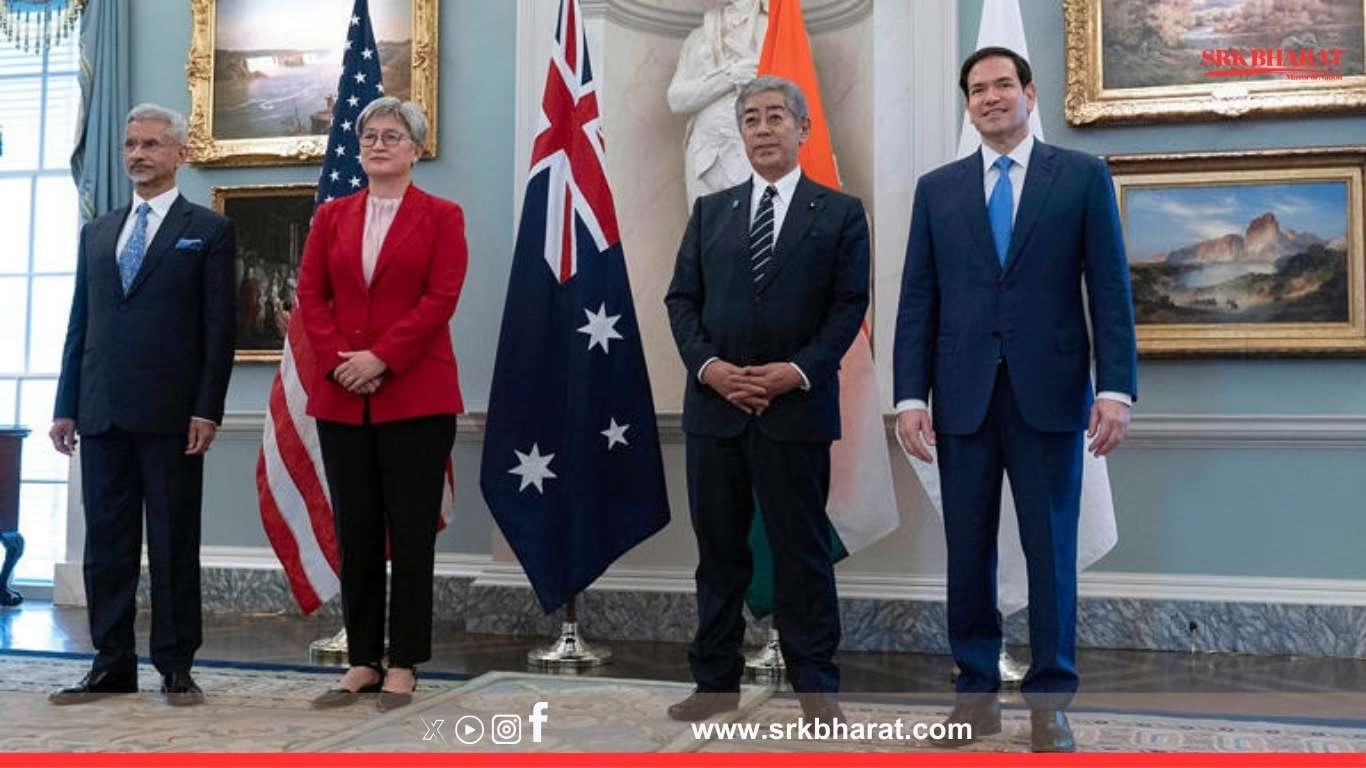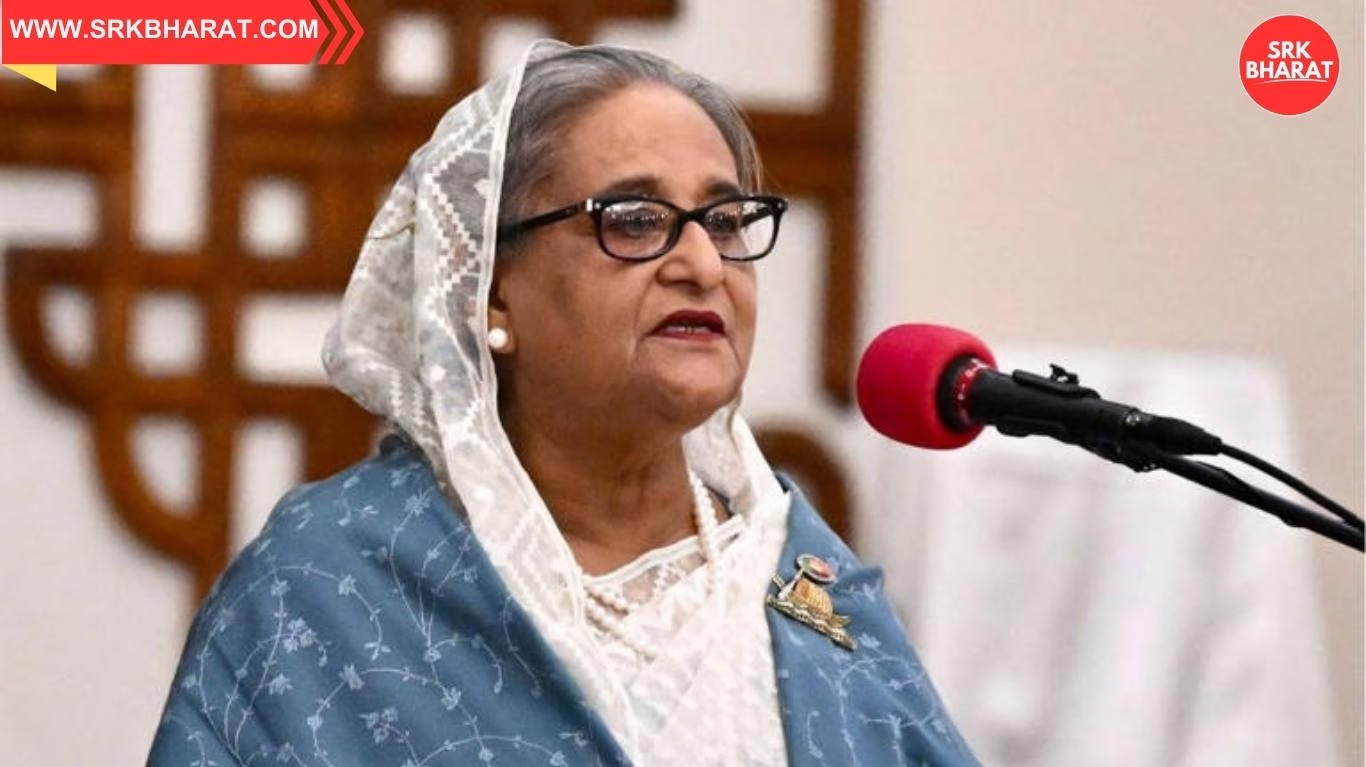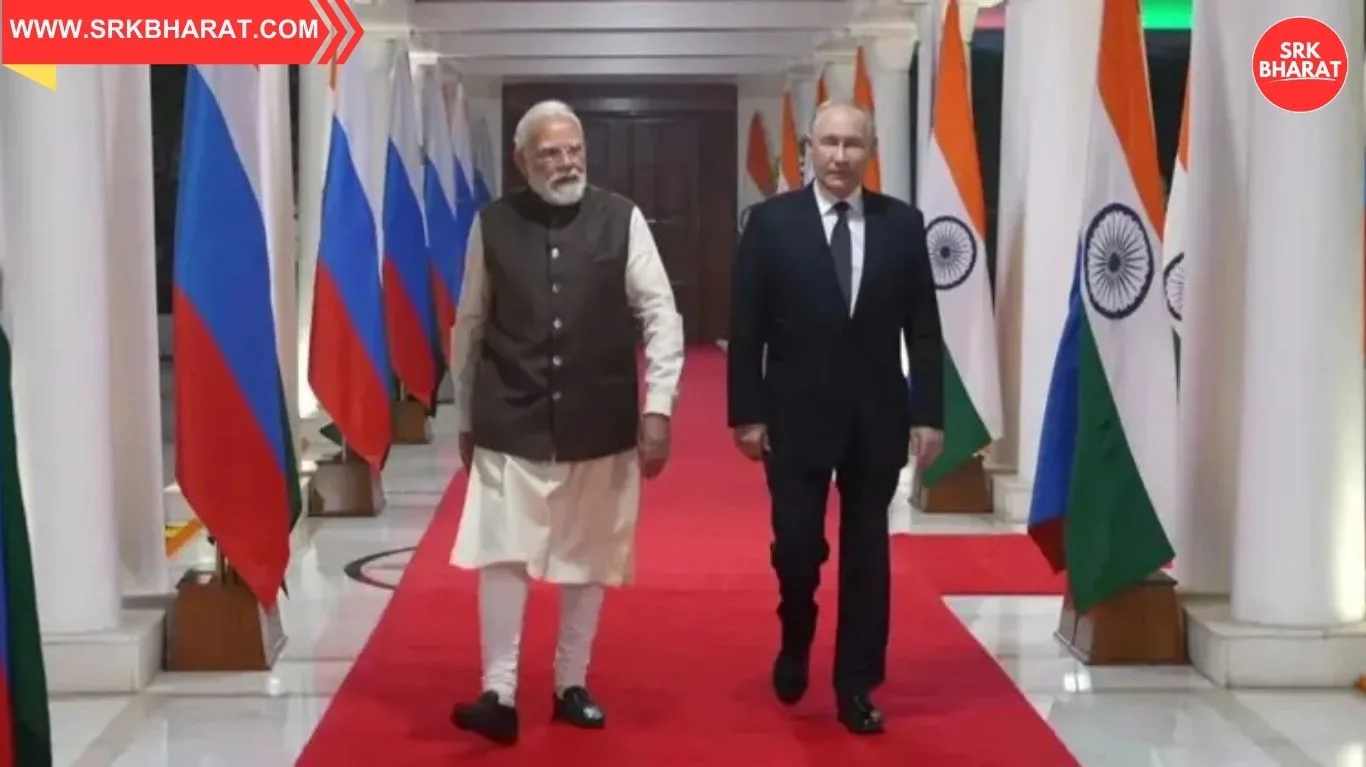The Quadrilateral Security Dialogue, or Quad, comprising India, Japan, Australia, and the United States, is set to undergo structural and strategic evolution in the coming years, according to a senior Japanese diplomat. The grouping, often seen as a strategic counterbalance to China in the Indo-Pacific, may expand to include other like-minded nations to reinforce its shared values of democracy, rule-based order, and economic resilience.
Japan hints at broader Quad architecture
Speaking to journalists in New Delhi on the sidelines of an Indo-Pacific conference, Japanese Deputy Chief of Mission in India, Kobayashi Yutaka, emphasised that the Quad is an “open and evolving framework” and its inclusivity will be driven by shared regional objectives.
“Quad is not an exclusive group. We are exploring possibilities of working with other like-minded countries that uphold the free, open, and inclusive Indo-Pacific vision,” he said.
This indicates that Quad Plus – a concept discussed informally in recent years – could see formal contours as geopolitical challenges intensify in the region.
Why the expansion debate is gaining traction
The Indo-Pacific has emerged as the world’s economic and strategic centre of gravity. China’s assertive military posturing, including territorial claims in the South China Sea and increasing tensions over Taiwan, has prompted regional nations to seek multilateral security assurances.
Diplomatic sources indicate that South Korea, Vietnam, New Zealand, and select ASEAN members could be considered for issue-based cooperation with Quad in the future.
Table: Potential Like-minded Partners for Quad
| Country | Strategic Rationale |
|---|---|
| South Korea | Advanced tech, US ally, Indo-Pacific convergence |
| Vietnam | Counterbalance to China in South China Sea |
| New Zealand | Supports free, open Indo-Pacific framework |
| Philippines | Seeks multilateral maritime security assurances |
| Indonesia | ASEAN anchor, promotes regional stability |
Quad’s current focus areas
While security is the unspoken pillar, Quad countries are actively collaborating on:
- Vaccine diplomacy through Quad Vaccine Partnership
- Critical and emerging technologies including semiconductors and AI governance
- Infrastructure financing to counter China’s Belt and Road Initiative (BRI)
- Supply chain resilience initiatives, especially in rare earths and strategic minerals
- Maritime domain awareness and naval exercises such as Malabar
Japan’s leadership approach
Japan, under Prime Minister Fumio Kishida, has strengthened its Indo-Pacific outreach with strategic clarity and economic investments. Kishida’s recent visits to India, ASEAN nations, and Pacific Islands reflect Tokyo’s ambition to solidify its leadership role in maintaining regional peace and economic development.
The Japanese diplomat added,
“The Indo-Pacific strategy is incomplete without India’s leadership. Japan sees India as a central pillar of regional stability and prosperity.”
Challenges in Quad expansion
Despite the positive outlook, experts warn of operational and diplomatic hurdles:
- Consensus-building: Expansion requires strategic alignment among all Quad members on candidate nations.
- China’s reaction: Inclusion of more countries could trigger stronger diplomatic and economic retaliation by Beijing.
- Overextension risk: Quad must maintain focus and deliver results in existing work streams before diversifying further.
Geopolitical analysts weigh in
Dr. Brahma Chellaney, strategic affairs expert, noted,
“Quad is an evolving platform. While it must build wider partnerships, it should remain wary of diluting its focus and strategic coherence.”
Similarly, former Indian ambassador to Japan, Deepa Gopalan Wadhwa, said,
“Japan’s proactive Indo-Pacific diplomacy is strengthening the Quad’s relevance. Expanding in a calibrated manner to include ASEAN or Pacific Island countries could enhance credibility.”
The Quad Plus concept and past precedents
During the COVID-19 pandemic, Quad Plus emerged as a consultative mechanism including South Korea, Vietnam, and New Zealand for health security cooperation. Since then, climate change, disaster response, and critical supply chains have been discussed as potential Quad Plus areas.
India’s role in the evolving Quad
India has historically resisted formal military alliances but remains a staunch supporter of issue-based cooperation in the Indo-Pacific. As maritime security becomes paramount, India is expected to deepen its naval and economic engagements with Quad members, leveraging its strategic location in the Indian Ocean Region.
Disclaimer
This news content is prepared for general informational purposes only. It does not constitute any official position of governments or diplomatic missions. Readers are advised to refer to official statements and policy documents for authoritative details.











